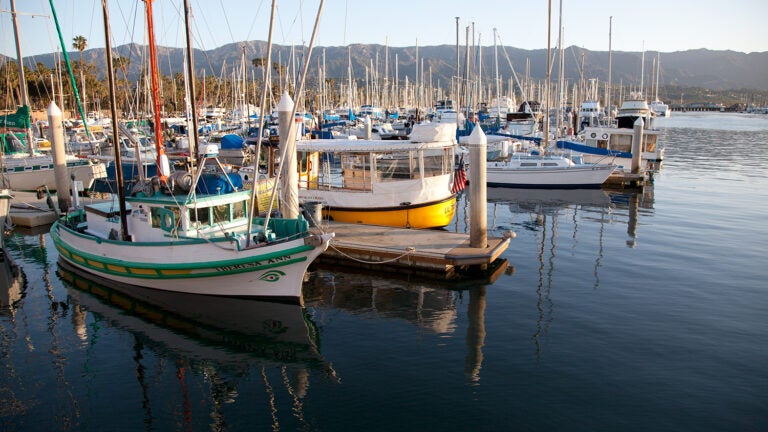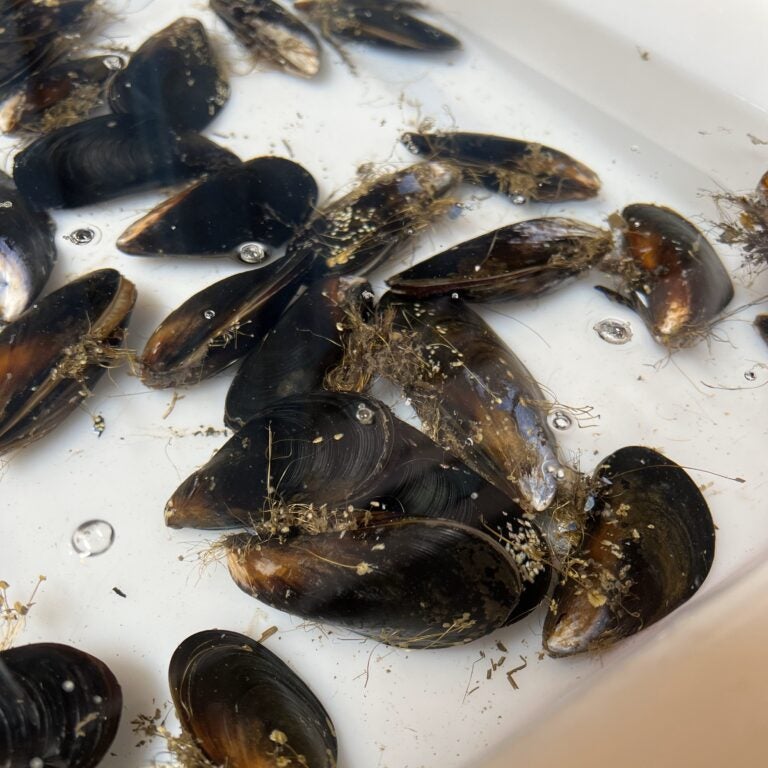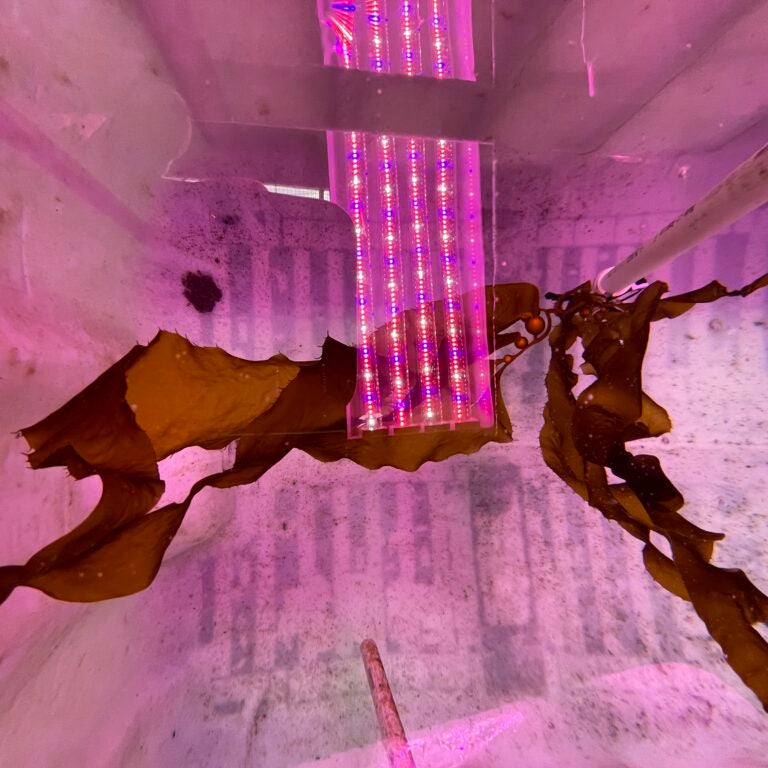
Aquaculture Bioinformatics
Aquaculture represents a large and increasing fraction of the world’s seafood market. Our interests are in developing ways of sustainably increasing the yield of a number of aquaculture systems, in particular shellfish and kelp aquaculture. Bioinformatics plays a significant role in advancing a robust, environmentally sustainable, and equitable kelp and bivalve aquaculture market. Utilizing powerful computational tools and algorithms to analyze biological data, bioinformatics can contribute to genetic improvement programs, aiding the selection and cultivation of kelp and bivalve species with optimal growth rates, resilience to environmental stressors, and resistance to disease. Such improvements can increase yield and sustainability, reducing the ecological footprint of aquaculture operations. Further, bioinformatics can facilitate a more thorough understanding of the ecological roles and services provided by kelp and bivalves, such as their ability to sequester carbon, enhance water quality, and foster biodiversity. This knowledge can guide equitable distribution of benefits, promoting the integration of aquaculture within local communities and economies in a way that respects environmental and social boundaries. By fostering predictive modeling and strategic decision-making, bioinformatics serves as a key tool for navigating the complexities of kelp and bivalve aquaculture in a changing world.
Shellfish
Aquaculture has become one of the fastest-growing food-production sectors in many regions of the world, and the number of domesticated and farmed marine species has also increased tremendously in the past decades. Sea-based bivalve culture is a major worldwide industry and is a great source of nutrient-rich food. Oysters (33%), clams (37%), mussels (13%) and scallops (17%) are the four major contributors to global bivalve production. Mediterranean mussel, Mytilus galloprovincialis, is one of the most promising and important bivalve species. We seeks to address key challenges in aquaculture of mussel that can also be applied to other shellfish farming industries: 1) to improve adaptive capacity to microbial loads in larval growth phase as this is the most crucial and sensitive phase of shellfish life cycle, 2) to establish single sex beneficial brood stocks, 3) establish climate-resilient cohorts, and 4) characterize the genome landscape of shellfish species to inform selective breeding regimes. With growing interest in building aquafarm of shellfish, the industry needs to adapt, with one strategy being to optimize brood stock from wild populations, or alternatively, to develop efficient Genomic Selection breeding programs. Another potential route towards increasing the yield of farmed shellfish is through the use of probiotic inoculations. Our lab has demonstrated the plasticity of the gut microbiome of the Pacific oyster, which can be manipulated through changes in diet on the scale of a week. Additional work on the screening of potential probiotics on oyster larvae suggests the existence of natural microbial strains which can enhance both the survival and growth rates of farmed oysters.

Seaweed
Macrocystis pyrifera Reference Genome
Reference genomes attempt to capture the complete genomic sequence of an individual (or individuals) from a specific species, and importantly provide a universal structure for comparison across a multitude of genetic experiments, both within species and between species. We assembled the giant kelp genome de novo using PacBio reads (continuous long reads), and then ordered contigs into chromosome level scaffolds using Hi-C. This giant kelp reference genome is a valuable resource for giant kelp conservation and breeding purposes, as genetic variation of sequenced individuals can be determined and inputted into genomic selection models. We present a high-quality giant kelp genome that greatly increases the genetic knowledge of this ecologically and economically vital species here.

Website by Marcus Lin
Contact Us
USC Laboratory (MBIO)
Ray R. Irani Hall Room 316
1050 Childs Way
Los Angeles CA 90089
USC Aquaculture Facility (AltaSea)
AltaSea at the Port of Los Angeles
2451 Signal Street Berth 59
San Pedro, CA 90731